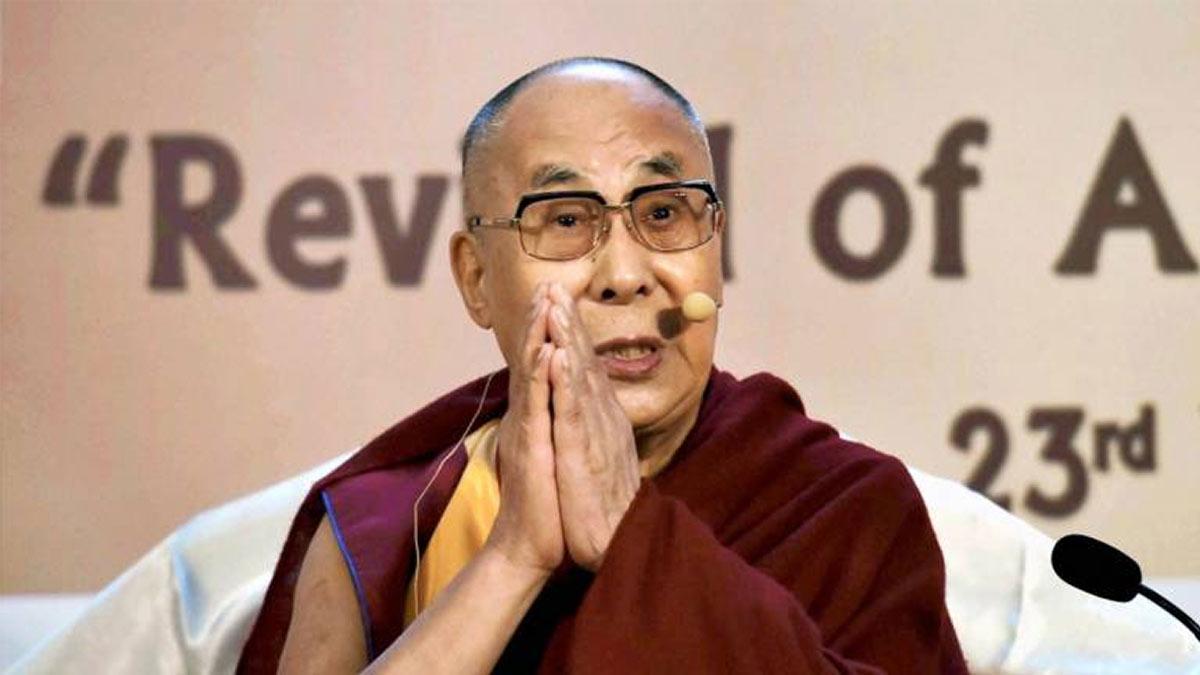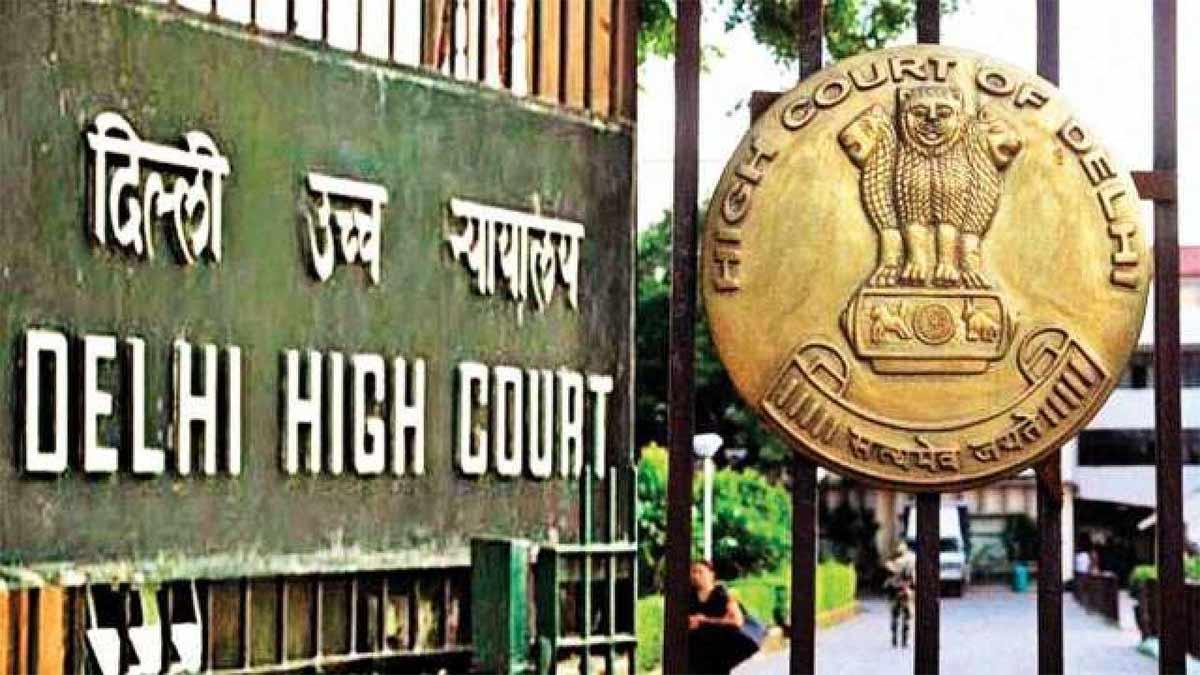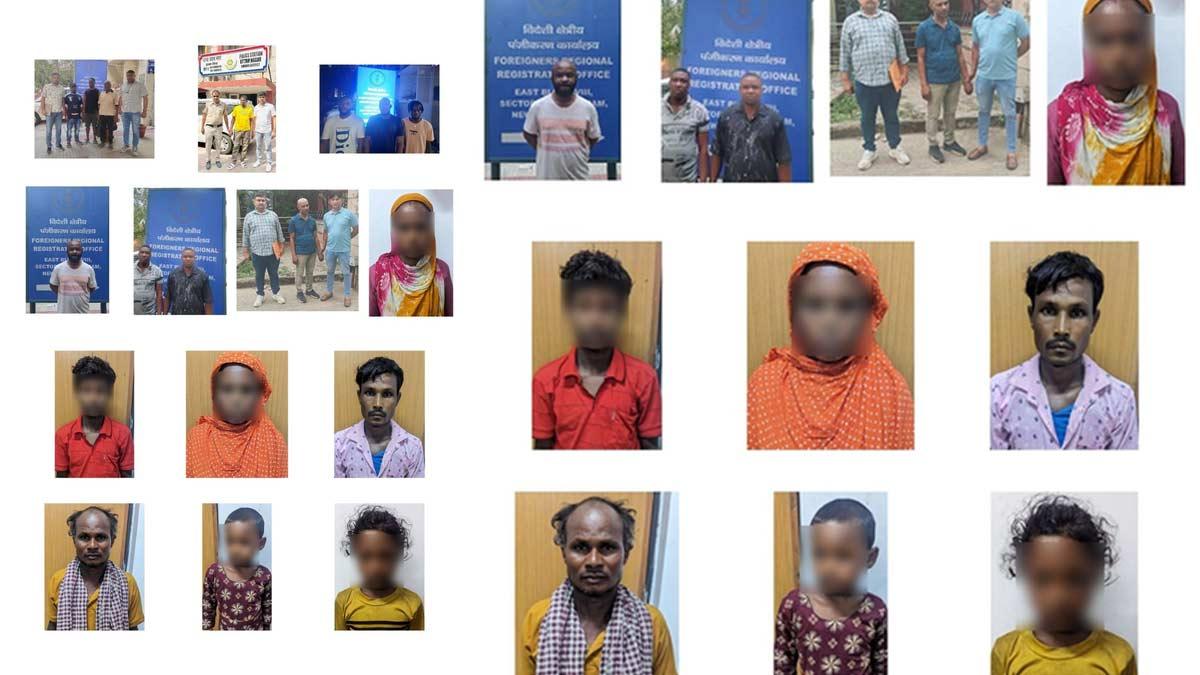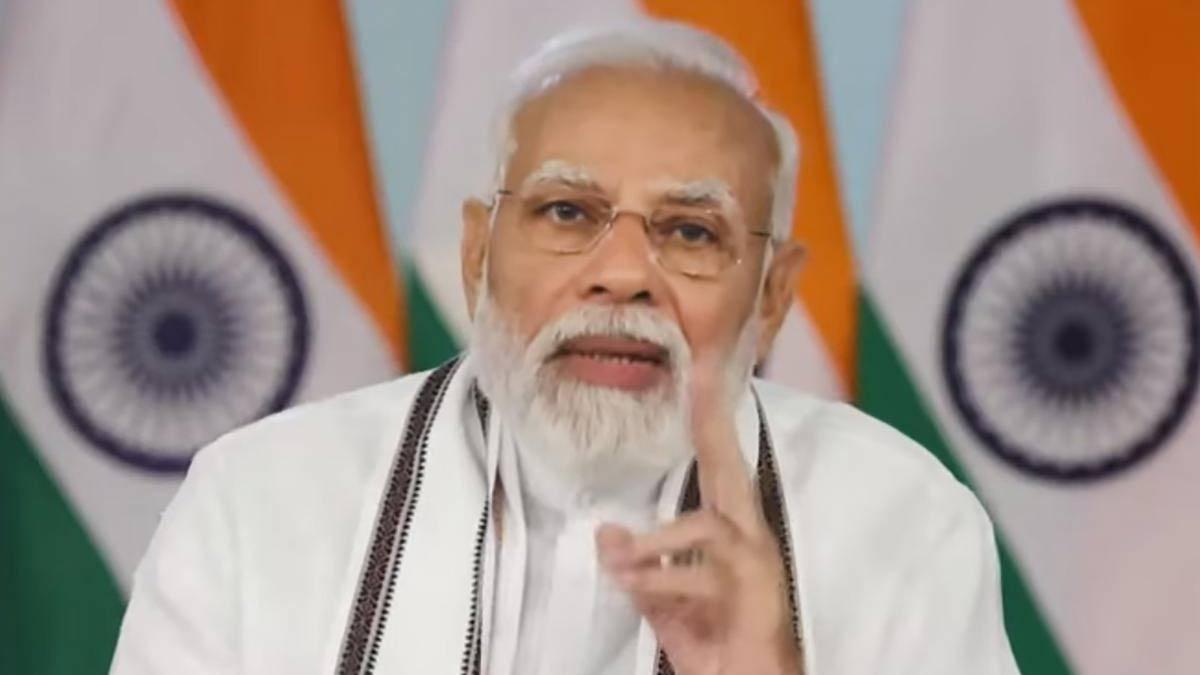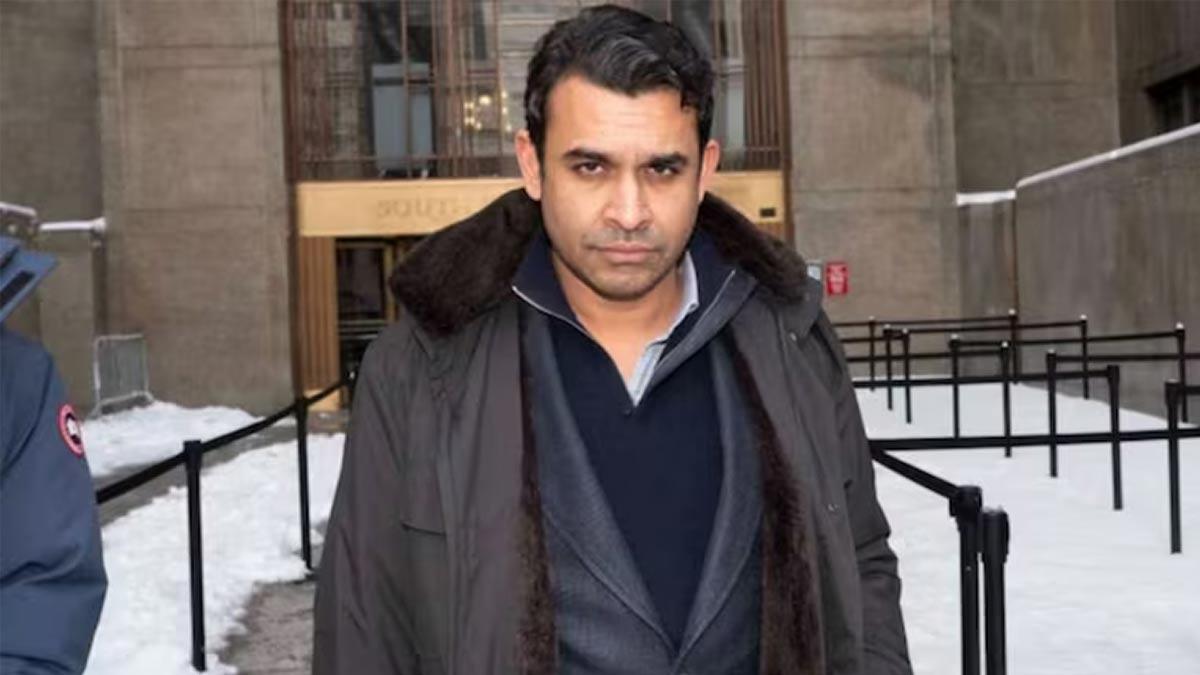Beijing on Monday voiced strong objections to Indian Prime Minister Narendra Modi’s recent birthday message to the Dalai Lama and the participation of Indian officials in his 90th birthday celebrations, reiterating its longstanding position on Tibet-related matters.
Chinese Foreign Ministry spokesperson Mao Ning, speaking to the media, reported that Beijing has made a formal complaint to New Delhi over the gesture and emphasized that India should consider China's Tibet sensitivities, which it calls Xizang.
China's policy on Tibet-related issues is consistent and clear and everyone knows about it," Mao replied when queried about the PM Modi birthday wishes and the attendance of high-ranking Indian officials at the ceremony in Dharamshala.
Mao also claimed that the 14th Dalai Lama is a political leader involved in separatist activities with an intention to divide Xizang from China in the name of religion.
"India must thoroughly appreciate the high sensitivity of issues regarding Xizang and acknowledge the anti-separatist stance of the 14th Dalai Lama and respect the pledge it undertook towards China on matters regarding Xizang," Mao reiterated.
She also called on India to walk carefully and not intervene in what China views as its internal affairs. "India should move and speak cautiously and cease using this matter as a means to interfere in China's internal affairs," she said, affirming that "China has lodged representations with the Indian side" regarding the matter.
Prime Minister Modi had on Sunday wished the Dalai Lama on his birthday, referring to him as "an abiding symbol of love, compassion, patience and moral discipline." In an X post, Modi further added, "His message has evoked respect and admiration among all faiths. We wish him long life and good health."
The birthday bash in Dharamshala witnessed Union ministers Kiren Rijiju and Rajiv Ranjan Singh, Arunachal Pradesh Chief Minister Pema Khandu, and Sikkim minister Sonam Lama.
This is not the first time that Beijing protested. Only a few days ago, China had condemned Minority Affairs Minister Kiren Rijiju's comments on the Dalai Lama's succession, where he said that the spiritual leader himself must choose his reincarnation. This was considered by China to be interference and said that such comments would hold back the progress in bilateral relations.
Mao countered Rijiju's statement by reiterating China's expectation. "India must be free from the anti-China separatist inclination of the 14th Dalai Lama and honour its commitments regarding Xizang (Tibet) related affairs," she remarked.
Her comments came after the Dalai Lama himself recently made statements in which he asserted that the institution of the Dalai Lama would endure and reaffirmed that it is only the Gaden Phodrang Trust that can determine his reincarnation.
China has consistently argued that the reincarnation process should adhere to centuries-old religious customs and historical procedures, such as the contentious drawing of lots from a 'golden urn' and Beijing's mandatory approval. Mao reiterated that the procedure was applied to the present Dalai Lama, who had been officially sanctioned by China's central government at that time.
"The reincarnation of the Dalai Lama should adhere to those principles, abide by religious rituals and historical precedents, Chinese law and regulations," Mao demanded.
Read also| On the Eve of His 90th Birthday, Dalai Lama Expresses Hope for 40 More Years of Life

